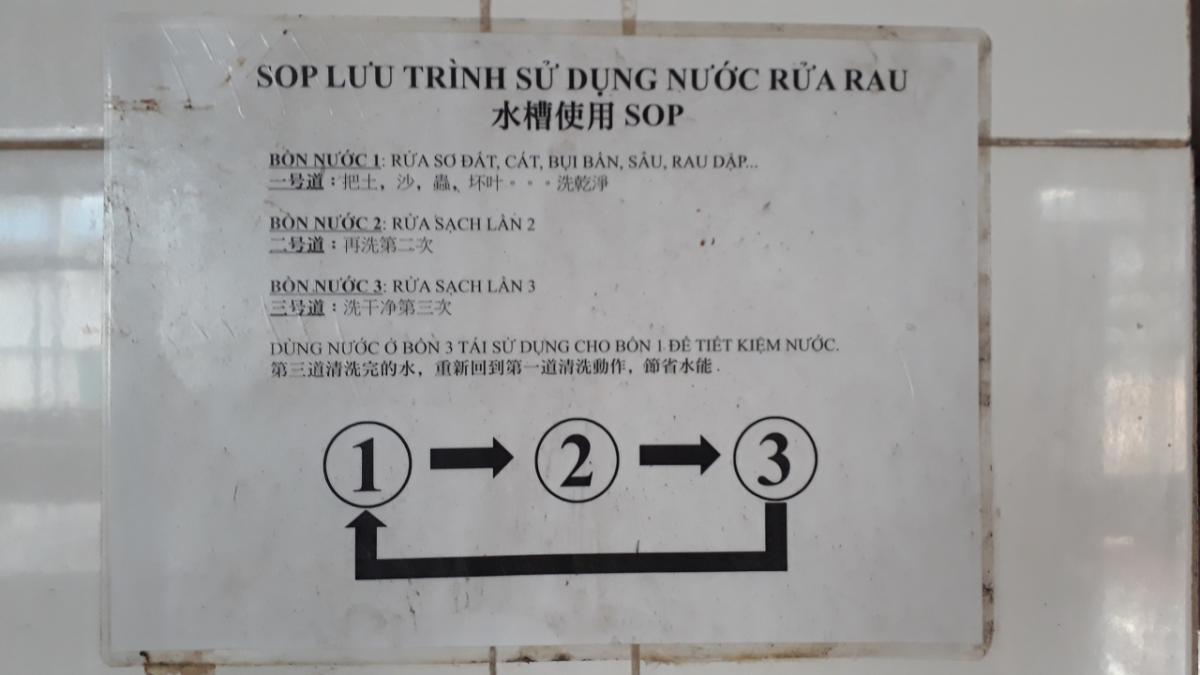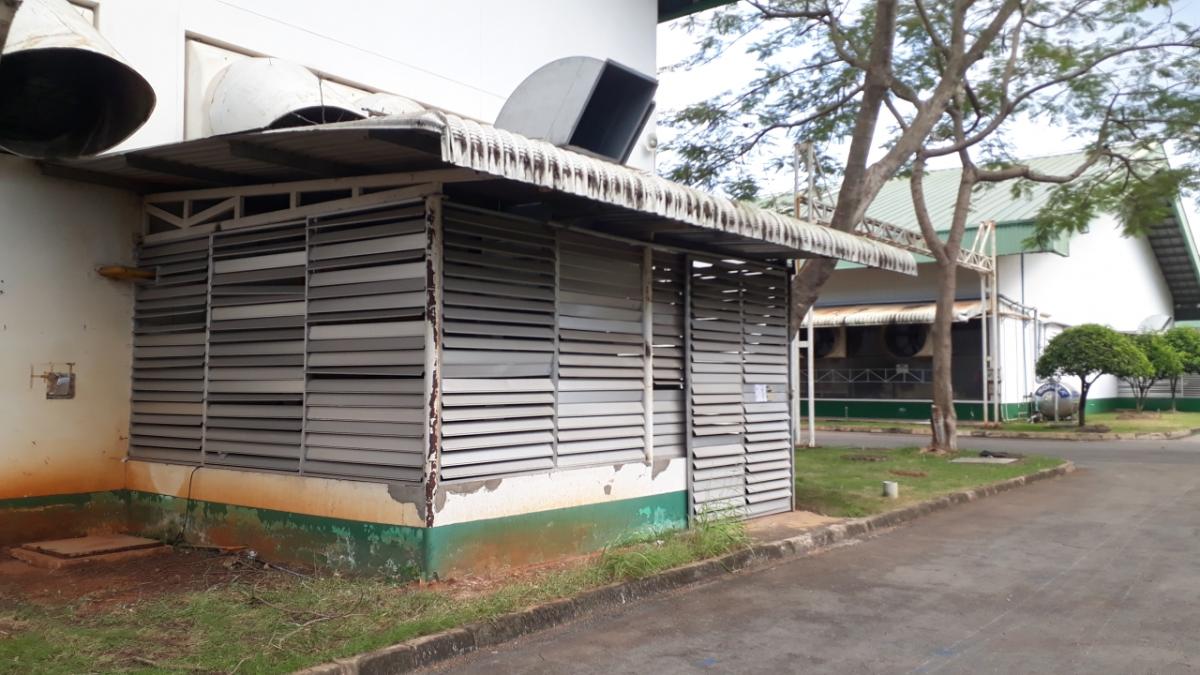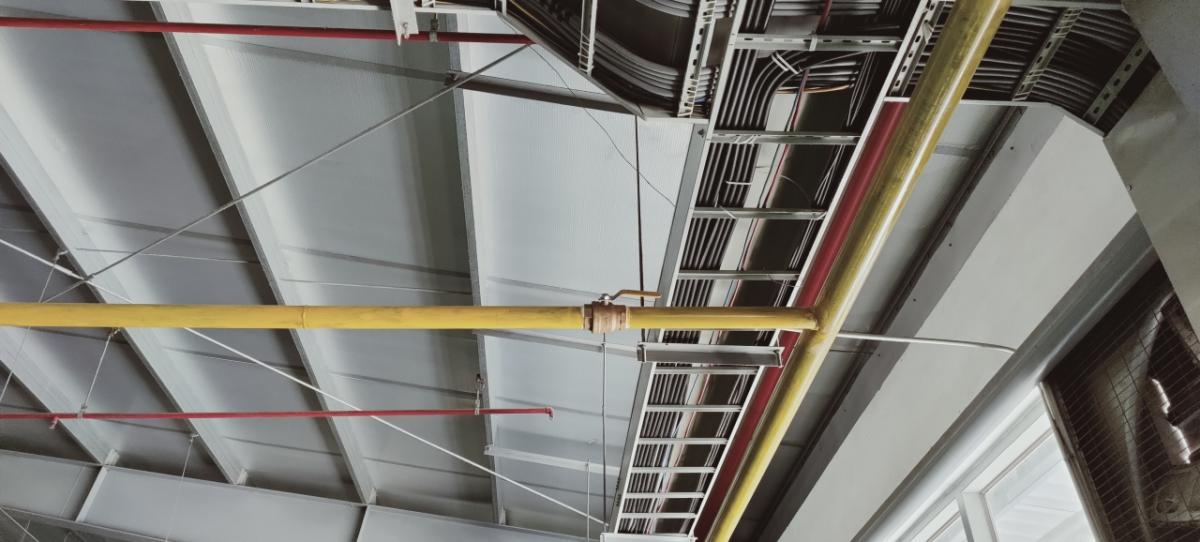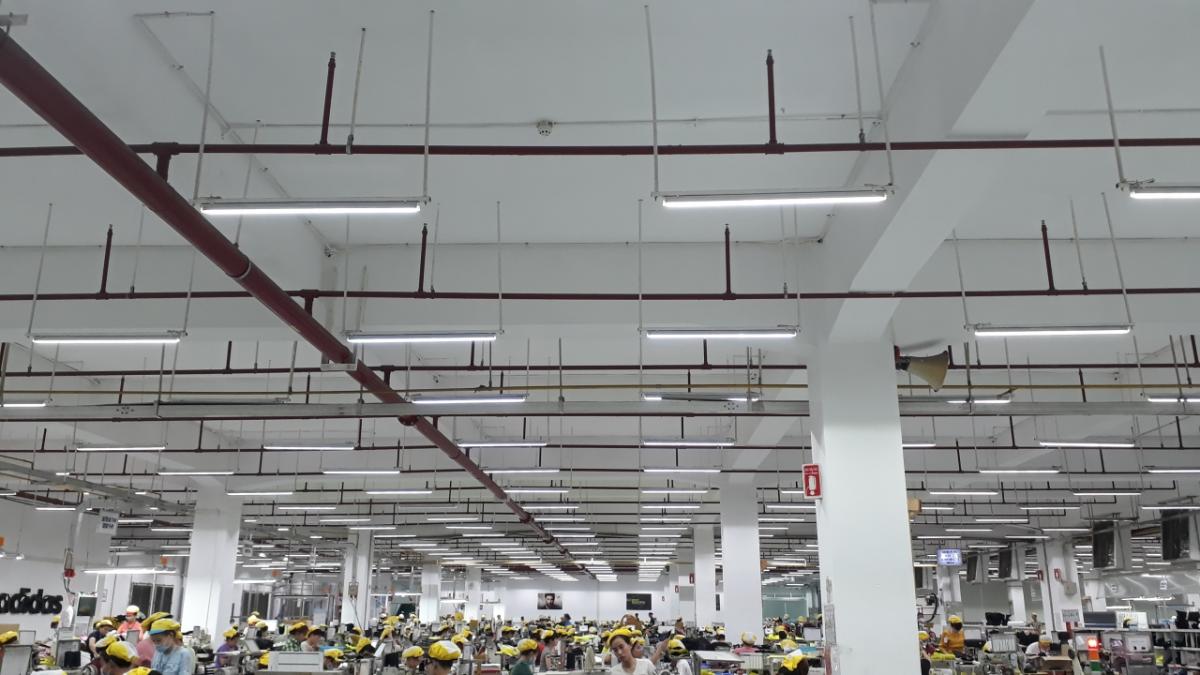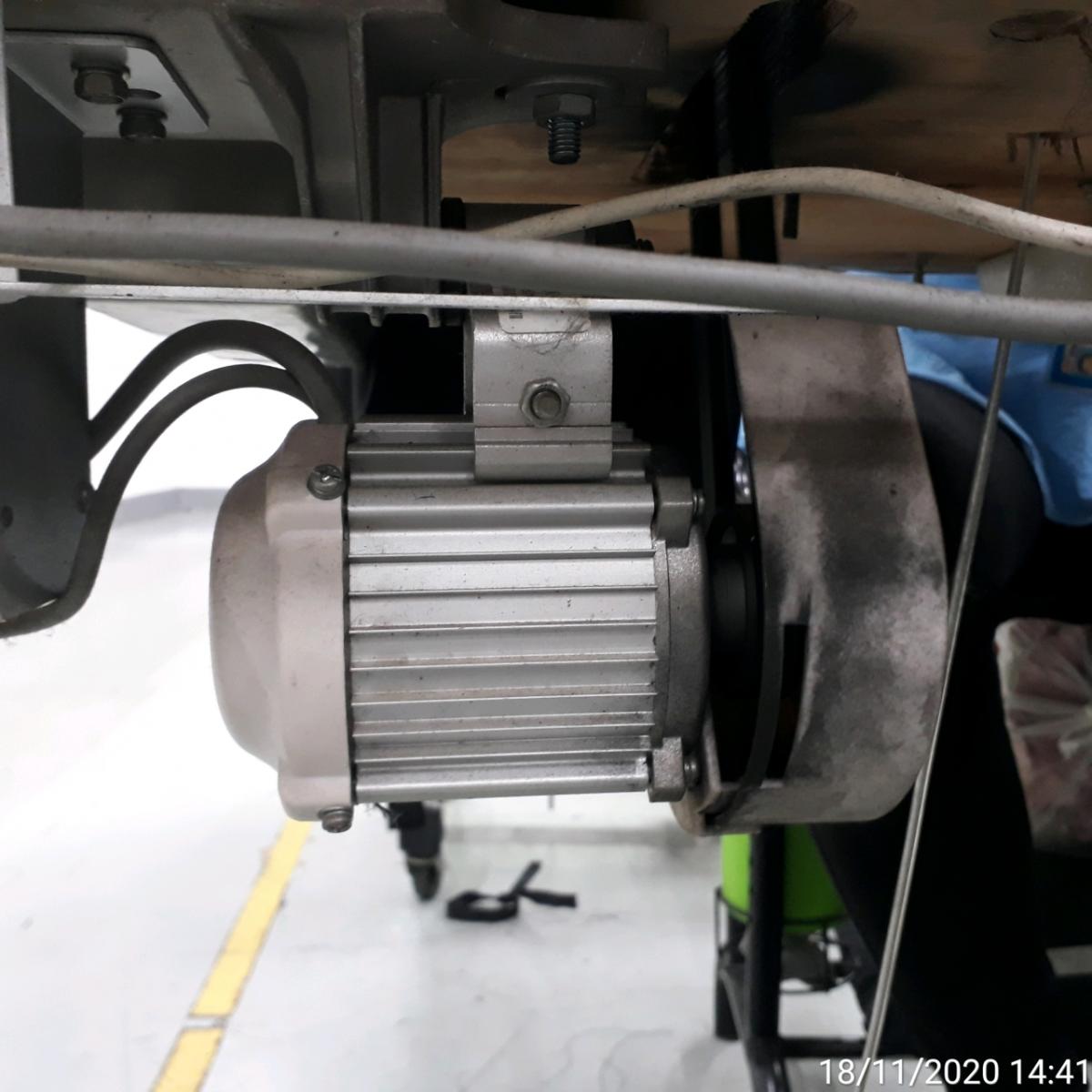Timberland's Commitments to Better Product and a Greener Future Converge With a Program to Increase Factory Efficiency
IFC’s Vietnam Improvement Program helps factories making Timberland® products use less energy and water while saving costs
Timberland’s commitment to create better product focuses on what goes into each product as well as how it is made. Two factories that make Timberland® footwear and backpacks are saving energy, water, and manufacturing costs, thanks to their participation in the International Finance Corporation’s (IFC) Vietnam Improvement Program (VIP). This resource efficiency program, adopted by Timberland’s parent company, VF Corporation, has fostered sustainable manufacturing in the apparel, textile and footwear sectors since July 2015 and also forwards Timberland’s commitment to a greener future. IFC has worked with 22 Vietnamese apparel and footwear factories supplying VF’s portfolio of global brands, resulting in 514.3 gigajoules of avoided energy consumption, $5.4 million in savings, 64,727 tons of avoided greenhouse gas (GHG) emissions, and 91,5238 m3 of water saved.
VF nominates eligible factories every 18 months. Nominated factories hold a kickoff meeting to introduce the program and gain management commitments. IFC consultants perform a full baseline resource efficiency assessment of the factory to identify current practices and to collect and measure data to identify potential saving opportunities and solutions. Factory management representatives and their technical leads attend a two-day training on energy management systems, best practices and energy efficiency solutions for electrical systems, boilers, machinery and equipment, production processes including chemicals and water usage as well as a pre-feasibility for rooftop solar. The training also offers an introduction to the HIGG Facility Environmental Module (FEM) with the aim to improve HIGG FEM scores.
After the data collection and onsite assessment, IFC consultants recommend energy efficiency improvements for both utility management and manufacturing processes such as boiler and air compressor management, water use, reuse and recycling opportunities. IFC consultants estimate investment costs, payback timeframes and environmental savings. VF and IFC co-fund the VIP to enable factories to participate in this program. The program is supported by VF’s Sustainable Operations team in Vietnam who provide hands-on knowledge and advice to each factory during the program implementation period. If complex, high-cost updates are needed, IFC conducts more detailed feasibility studies and helps identify local investors to aid the factory with costs associated with the necessary improvements.
Starite International, a backpack company in Bien Hoa that employs almost 5,000 workers, was the first Timberland factory to participate in the VIP. Starite implemented nine of the 15 projects identified by the VIP, six of which save electricity, and three that save water. Projects included replacing tube lights with LEDs, fixing compressed air leakages, reducing the inlet air temperature to their compressors, replacing clutch motors in sewing machines with servo motors, reusing water from vegetable washing, optimizing water used for toilet flushing, and installing low flow taps. These projects cost Starite less than $27,000 and will save the factory 303,923 KWh per year, 16,568 cubic meters of water per year, and $40,153 in savings.
Starite’s management acknowledged they will save an enormous amount of water and monthly water costs from the three water-saving improvements that they implemented. One worker commented “the servo motors make less noise than normal motors and are lighter, making the machines easier to move. The LEDs operate as soon as the electricity flows, without blinking, and don’t radiate any heat.” Alena Footwear is the second factory that makes Timberland® products to participate in the VIP program. This footwear company, located in Thanh Hoa City, employs over 11,000 workers. Alena fully implemented eight of the 17 projects identified through the VIP and have three more in progress. Alena Footwear’s investment was much larger than Starite’s as they replaced 300 of their 480 sewing machines with more efficient models with servo motors (the other 180 will be replaced in the next phase). Many of the improvements made had an immediate payback, such as fixing the water leakage from the cooling tower, using a piping distribution loop and reducing the pressure setting in four workshops, fixing compressed air leaks, collecting and reusing cool water from the extruder machine, and optimizing water consumption used to clean their printing screens. The improvements cost $1,060,390. Annually, Alena Footwear will now save 225,691 kWh of electricity, 22,095 cubic meters of water and $274,207 (a 3.9-year payback). Alena management is happy they joined the VIP project. “This is a good opportunity for our factory to improve on energy consumption, and to improve the working environment for our workers.” Worker comments included: “The compressed air system is less harmful to our hearing. The stable air supply makes our work smoother. Our work areas are drier with less chance of slipping. We will do similar water-saving initiatives at home. The new motors on the sewing machines work more smoothly and save us time and energy. They rarely malfunction.”Getting factories onboard with this program is not always easy. In the beginning, there is often resistance from management, and often sourcing groups and VF Sustainable Operations team need to work with the factories to show them the benefits and best practices. Once management understands the financial savings and the environmental benefits, they are more willing to engage and become more resource efficient.
About Timberland
Timberland is a global outdoor lifestyle brand based in Stratham, New Hampshire, with international headquarters in Switzerland and Hong Kong. Best known for its original yellow boot introduced in 1973 to take on the harsh elements of New England, Timberland today offers a full range of footwear, apparel and accessories for people who value purposeful style and share the brand’s passion for enjoying – and protecting – Nature.
At the heart of the Timberland® brand is the core belief that a greener future is a better future. This comes to life through a decades-long commitment to make products responsibly, protect the outdoors, and strengthen communities around the world. The brand has committed to plant 50 million trees worldwide by 2025, and has a bold vision for its products to have a net positive impact on Nature by 2030, giving back more than they take. To share in Timberland’s mission to step outside, work together and make it better, visit a Timberland® store, timberland.com or follow @timberland. Timberland is a VF Corporation brand.

